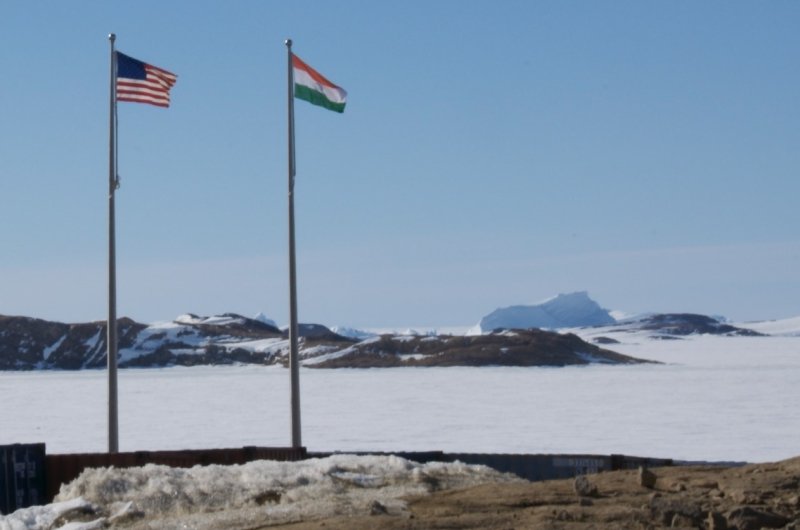Mathieu Boulègue, Polar Institute Global Fellow, shares his view on the US-Antarctic memorandum from a security and geopolitical perspective:
The 2024 National Security Memorandum on United States Policy on the Antarctic Region reiterates the core values the Antarctic Treaty System (ATS) is built on. However, these shared values are increasingly at odds with competitive dynamics pursued by Russia and China, as both states are now openly challenging the primacy of the ATS architecture.
While the US Memorandum clearly outlines the absolute need to first and foremost protect the Antarctic environment and preserve the region, Moscow and Beijing are actively pushing for an alternative narrative of ‘rational use’ – namely the blatant exploitation of regional resources at the expense of environmental protection. Indeed, China is weaponizing scientific data to serve national interests while Russia is prospecting mineral resources in the British Antarctic Territory.
Furthermore, while the US policy update reaffirms the need to ‘maintain the Antarctic Region for peaceful purposes’, both Beijing and Moscow are suspected of conducting dual-use operations for military purposes (intelligence gathering, radar surveillance, missile tracking, etc.) disguised as ‘scientific research’ on the continent and in the Southern Ocean. Such activities would represent a direct violation of the Antarctic Treaty – yet the current inspection and verification regime no longer has efficient compliance mechanisms in place.
The associated Fact Sheet to the 2024 Memorandum outlines the need to ‘remain vigilant’ against the negative agendas of state competitors that could bring ‘discord’ to the region. More than ever, Russia and China should not be allowed to hijack the consensus-based decision-making process within the ATS, with the risk of eroding trust in Antarctic governance.


